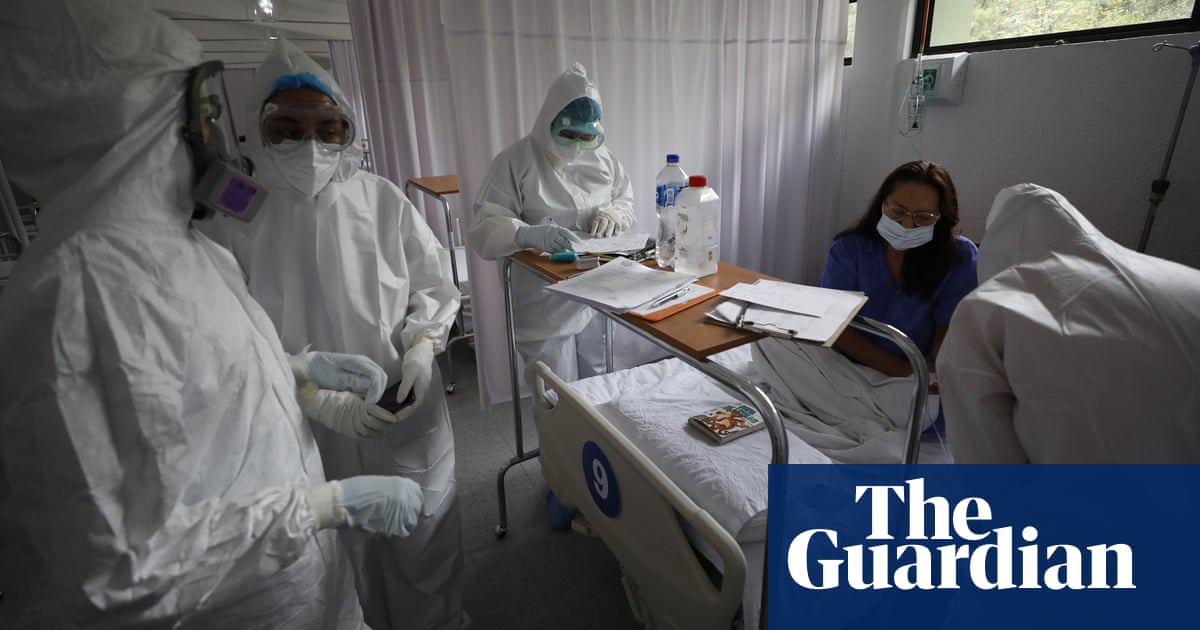
Why Covid-19 seems to kill more men than women, and how the virus is impacting frontline health workers who are predominantly women, are some of the unanswered questions researchers are grappling with amid the global pandemic.
On Thursday, the Australian Human Rights Institute announced it had partnered with the George Institute for Global Health to undertake two Covid-19 research projects that will remove sex and gender biases so often seen in medical research that can prevent patients from getting the best care. Traditionally, medical research has been dominated by men in lead research roles, and their medical research has involved male cells, animals and humans. It means advances in treatments have been tailored to, and based on, male biology.
For example, heart disease is a leading cause of illness and death for Australian women, yet it continues to be perceived mainly as a disease of men and many of the commonly understood symptoms are experienced by men, but not necessarily by women. It means women and their doctors sometimes recognise the signs of the disease too late, an oversight that is killing women.
A 2018 study published in the Medical Journal of Australia found that women suffering a major heart attack were half as likely to receive proper treatment in an Australian hospital and twice as likely to die within six months, compared with men.
The George Institute’s program manager for the Global Women’s Health Program, Kelly Thompson, said she and her team wanted to ensure the same errors and oversights were not made when it comes to Covid-19. The first research projects she is involved with will study global Covid-19 data for men and women separately, map the activity of health and frontline family violence services during the pandemic, and survey health workers on the frontline.
The second project, Sex and Gender in Medical Research, is a three-year project that will identify current sex and gender gaps in the Australian medical research system and develop health economic models incorporating sex and gender outcomes so that research funding is better directed.
“Relying on evidence that has been generated by and only in men can lead to false assumptions about how women experience disease,” Thompson told Guardian Australia.
This has already been identified as an issue with Covid-19. An analysis published in the journal BMJ Open Health earlier in June found women make up only a third of all authors who have published research on the disease since the beginning of the pandemic, and even fewer of them are senior authors on these papers, despite many senior women being involved in studying and treating the virus.
“Lockdown measures may have further widened existing inequalities by restricting their capacity to commit to research, because of competing demands from home-schooling, parenting, and other caring duties, suggest the researchers,” the analysis found.
Some researchers suspect men are more severely affected by Covid-19 than women because the virus is activated by an enzyme controlled by androgens, a group of hormones that play a role in male characteristics. Two recently published, small studies described how many men hospitalised with Covid-19 are bald, adding momentum to the theory since male-pattern baldness is associated with high levels of androgens. But more research is needed to test this hypothesis.
“We see similar rates of Covid-19 in women and men but more men are dying,” Thompson said. “There are so many variables that make it difficult to understand what’s driving the difference. We also know women are much more likely to be healthcare workers, but we don’t have a lot of background data on who is being tested which could skew results. For example, if more women are being tested than men we could see an artificial difference in rates there.”
Adding to challenges in understanding biological differences in disease was that many of countries do not report Covid-19 cases or deaths by sex or gender at all. “We have seen that countries that have more progressive gender equity policies are more likely to be reporting those breakdowns, while countries with less equality are less likely to,” she said.
The Australian Human Rights Institute’s director, Professor Louise Chappell, said one of the key areas the institute was now focusing on was gender justice. She said after attending a meeting at the George Institute, “the research around gender stunned me”.
“Access to health is a prominent human rights issue,” she said. “If we are not gathering the data to understand how men and women experience health outcomes differently that basic human right is not being met. It’s astounding how little is known on important health issues when it comes to how women experience them, and it means thousands of women are missing out on access to proper healthcare. That’s a fundamental violation of human rights.”
She emphasised that men were being adversely affected by gender biases too. Osteoporosis is often considered a postmenopausal women’s disease, yet men account for nearly a third of osteoporosis-related hip fractures. Chappell said research into all fields, not just medicine, must be done through an “intersectional len, with gender at the heart of the work”.
The Guardian






